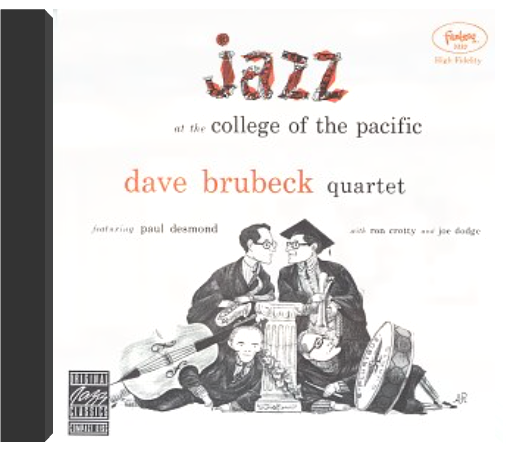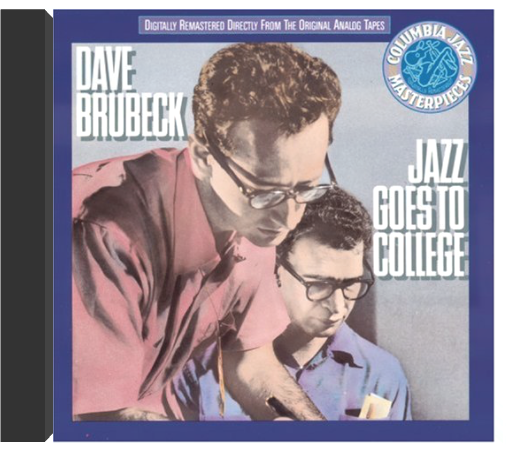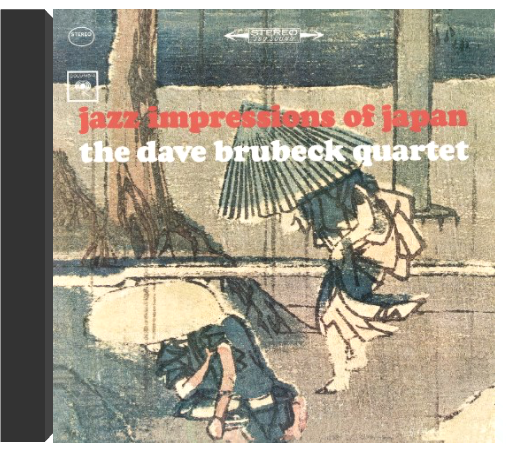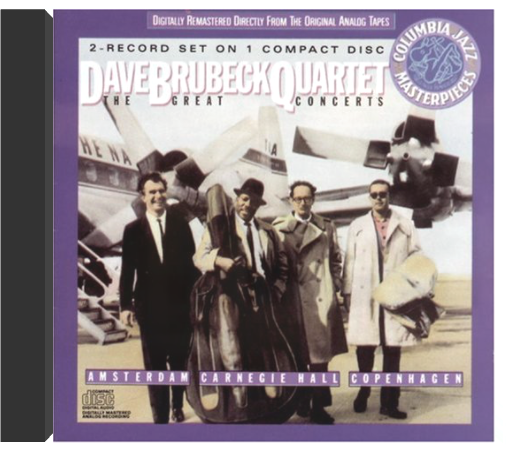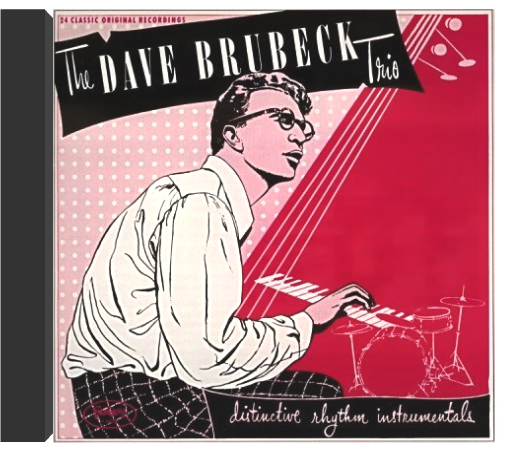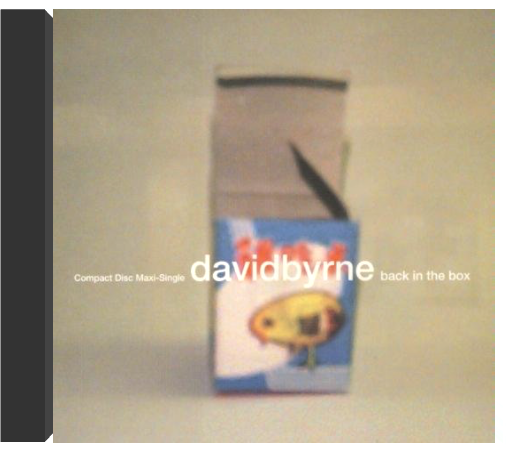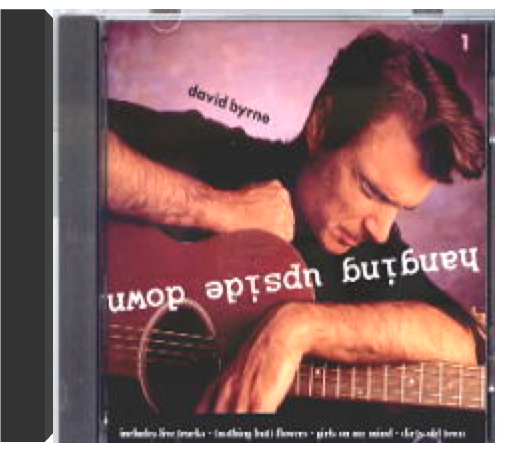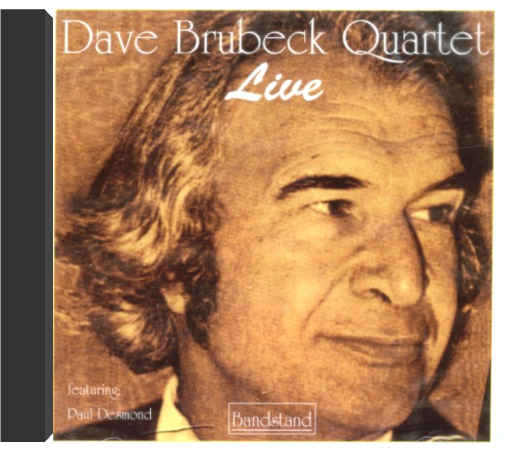 Live: Featuring Paul Desmond: 1954 & 1959 Newport Jazz FestivalDave Brubeck Quartet Live: Featuring Paul Desmond: 1954 & 1959 Newport Jazz FestivalDave Brubeck Quartet Recorded July 5, 1959, Newport Jazz Festival. Import. 1 Shish-Kebab 2 Fare Thee Well, Annabelle 3 Don't Worry 'Bout Me 4 Lover, Come Back to Me 5 Royal Garden Blues 6 How High the Moon 7 Love Walked In 8 Gone With the Wind 9 Lonesome Road 10 Three to Get Ready 11 Blue Rondo a la Turk 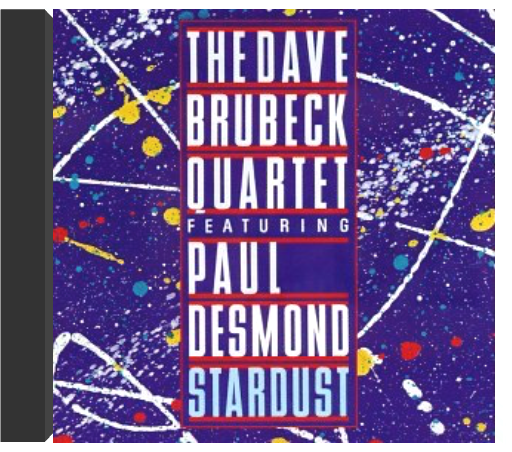 StardustDave Brubeck Quartet StardustDave Brubeck Quartet Import-only collection from the Back Up label includes 'All The Things You Are', 'Crazy Rhythm', 'Laura' and more. 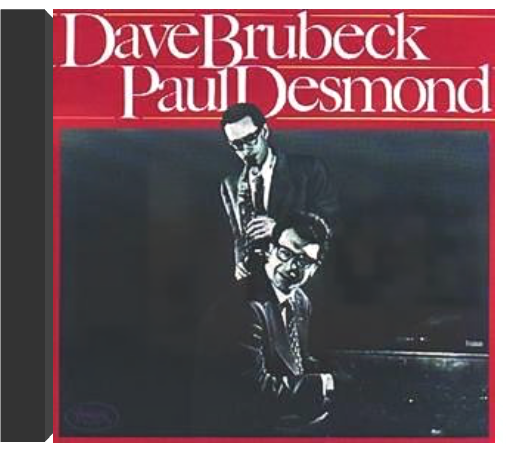 Dave Brubeck/Paul DesmondDave Brubeck with Paul Desmond Dave Brubeck/Paul DesmondDave Brubeck with Paul Desmond Two greats interact here, in recordings from 1952-54, with stunning intuition. Brubeck, as always, makes a virtue of his limited fleet-fingeredness. He has no need to hurry in the company of Paul Desmond, an alto saxophonist akin to Getz—light and never imbalanced. His and Brubeck's musical rapport had been forged in Brubeck's earlier octet and would continue for many years in his sterling quartet. The program here emphasizes standards. There is light combo support on some tracks. For "On a Little Street in Singapore," Brubeck and Desmond take a thoughtful, fragile jaunt through foreign streets. In "Trolley Song," the trolley bell sounds in Desmond's ringing horn. On "My Heart Stood Still," the pianist is alone, hammering heartily in his folksy, front-parlor way. —Peter Monaghan 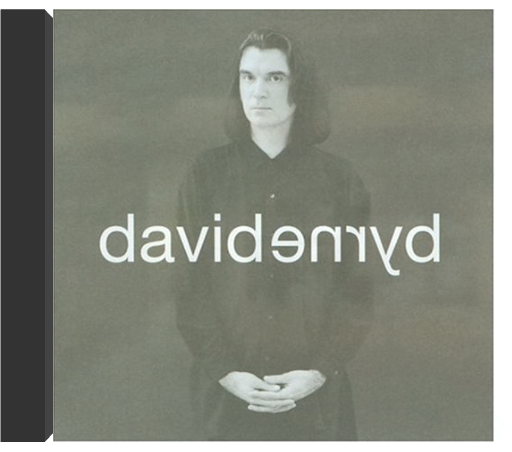 David ByrneDavid Byrne David ByrneDavid Byrne No Description Available.  Rei MomoDavid Byrne Rei MomoDavid Byrne Three years after Paul Simon's Graceland, the most identifiable member (by far) of the Talking Heads ventured way beyond his band's terrain with his solo debut. With Rei Momo, David Byrne inaugurated his plunge into Latin American music, doing so with a variety of styles, from son to salsa to merengue to samba, each lit with horn charts and piles of rhythm. The album, like Graceland, inspired some critiques (many of them vehement) of Byrne's cherry picking of styles, which smacked a bit of postmodern exotica. The album certainly genre hops, mixing national styles with lyrics that gnash about Latin American political and human rights concerns. Released a decade prior to the late-1990s fascination with native Cuban popular music, Rei Momo sheds light on the background for the explosion of interest in Buena Vista Social Club as well as the meteoric rise of Latin pop, which shares Byrne's border-agnostic mesh of all available styles. More than anything, though, Rei Momo stands as one of Byrne's most inspired outings, perhaps even as an early pinnacle of his now-lengthy solo career. —Andrew Bartlett |
 Made with Delicious Library
Made with Delicious Library
